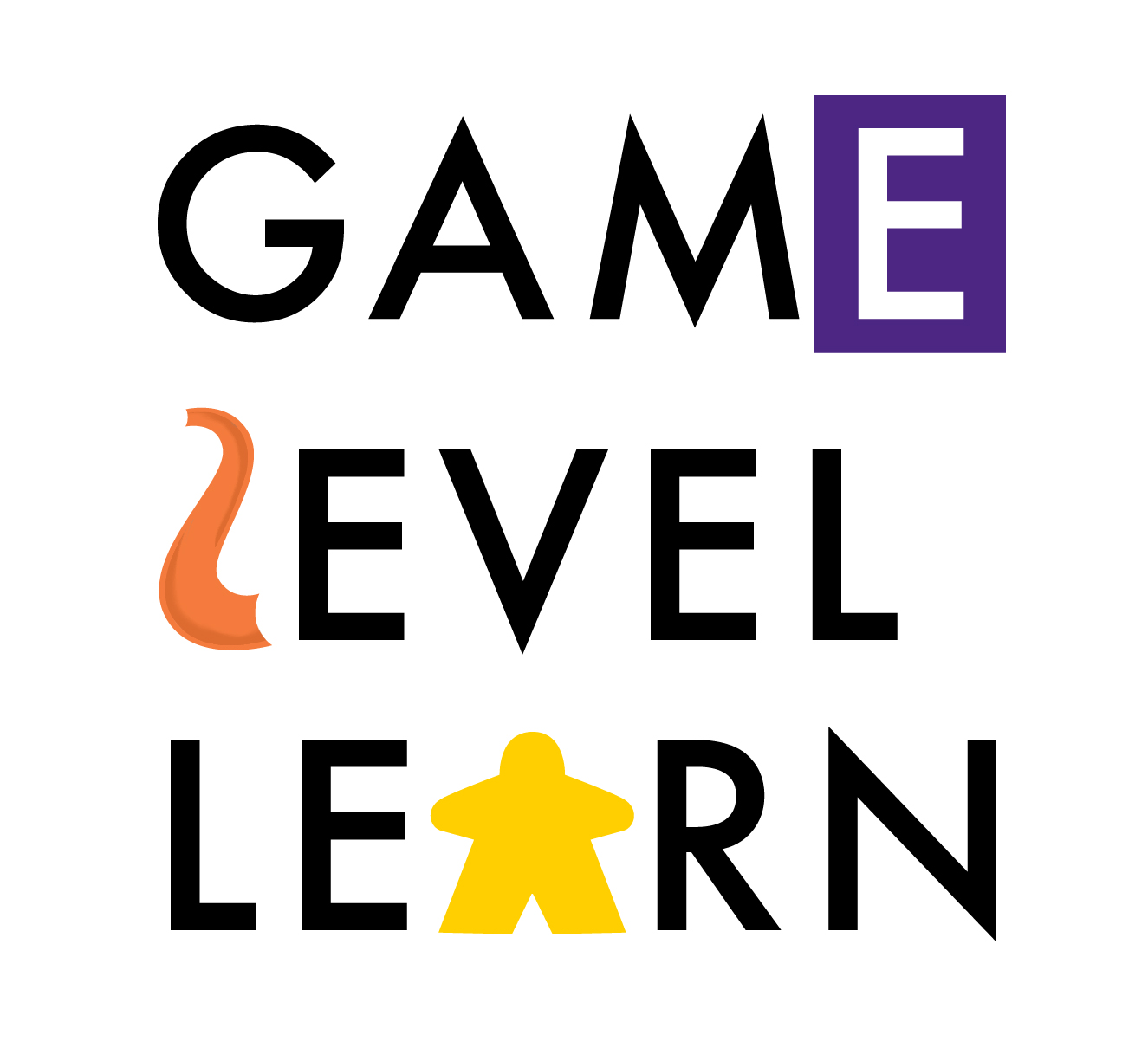Schools Should Learn From Ender's Game
/Image from David Woo.
In Orson Scott Card’s novel Ender’s Game, a boy named Ender trains at a “battle school” to become the commander of a futuristic space fleet. This school downplays classes and assignments, instead focusing on simulations -- Ender and his schoolmates hone their strategies by engaging in pretend battles. At first these battles take place in the flesh, but as Ender advances he spends more time in a virtual world, commanding entire fleets to wage war against the fleets of other players.
Simulations are a brilliant way of doing school, because they give you the closest thing you can get to real experience besides real experience. Many real-world training programs make use of simulations -- for example, flight schools use virtual flight simulators to allow trainees to practice difficult maneuvers or in adverse weather conditions without putting themselves at risk.
But simulations can do so much more than this. For example, in the video game Overcooked a group of players work together in a restaurant kitchen to fulfill orders as quickly as possible. The game is limited in its culinary accuracy, but that’s not the point -- the point is that the players have to communicate in real time who should be doing what, divvy up subtasks, avoid burning things or messing up orders, and keep out of each other’s way. This turns out to be tremendously difficult. Every round is a comedy of errors, which is why the game is fun.
While Overcooked could not be used to teach people how to cook, it’s great for teaching teamwork and communication, and could reasonably be used as part of a training program for cooks and servers. But the real million dollar idea is the realization that most jobs require teamwork and communication, and that a video game like Overcooked could reasonably be used as part of children’s education in school.
The video game The Sims (popular among children today) has the player control a simulated family as they work to earn money, design and furnish a house, cultivate friendships, and raise children. Being a game, The Sims focuses more on fun than realism. But that’s not a problem. Players must figure out how to obtain money and then budget what they earn. The Sims can give children the closest thing there is to real experience operating a household, including financial planning and business arithmetic.
When it comes to education, simulations can be much more valuable than lectures and worksheets. If you’re trying to teach a student computer programming 101, would you start by explaining the concepts of variables, loops, and functions? I hope not! It would be too abstract; the student would be bored, and if they’re bored they’ll be distracted, memorize in a shallow way, fail to integrate the information, and forget.
What if instead you had them play 7 Billion Humans, a fun video game that requires the player to use computer programming concepts to solve puzzles of increasing complexity? Then, when they get to a puzzle and can’t figure it out because they don’t understand how loops work, they can ask you to explain the concept, and then they’ll put that knowledge to immediate practical use, and as they continue to progress through the game they’ll integrate that knowledge into their permanent memory.
Are simulations only for training skills, or can they be used to impart knowledge as well? The popular computer game Civilization proves that they can. In Civilization, you play as an emperor trying to build a great empire that can stand the test of time. You undertake real historical achievements like the inventions of writing, currency, and steel; construct real-world cities like Beijing and Tenochtitlan; build world wonders like the Hanging Gardens and the Taj Mahal; and reenact historical wars by trampling enemy infantrymen with horses and air-bombing enemy naval bases. Not only is Civilization great fun and strategically challenging, it inspires players to research the fascinating people, places, and events they’ve witnessed in the game.
The key to creating effective simulations is to follow the fun. If you focus on conveying knowledge or skills, you’re no better than a sleep-inducing textbook. Fortunately, the video game industry is fueled by fun, which is why we have so many gems like Overcooked, The Sims, 7 Billion Humans, Civilization, and thousands more. People who want to use simulations for educational purposes should take a hint, because fun is the foundation of learning.
More content about the Open School can be found here.
Aaron Browder is a staff member at The Open School in Orange County, California, and co-author of an upcoming book on children's autonomy. He enjoys playing strategy games, writing software, and reading about science and philosophy.


